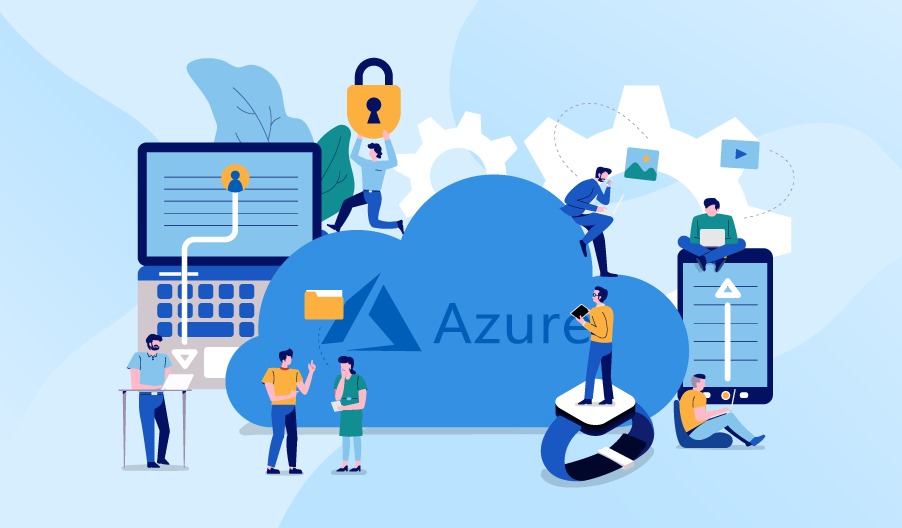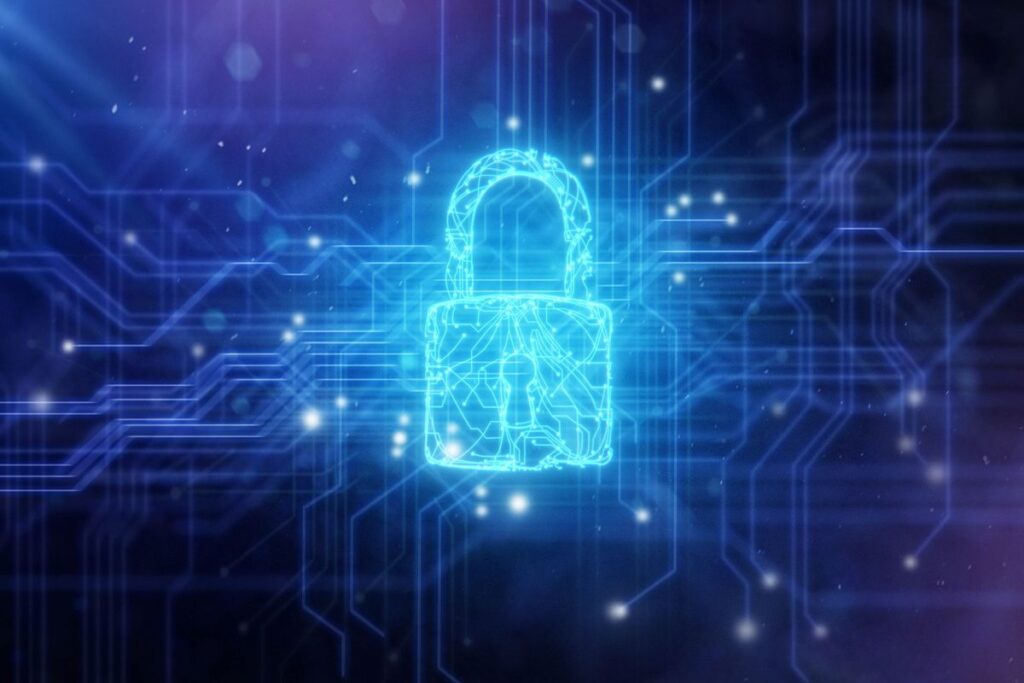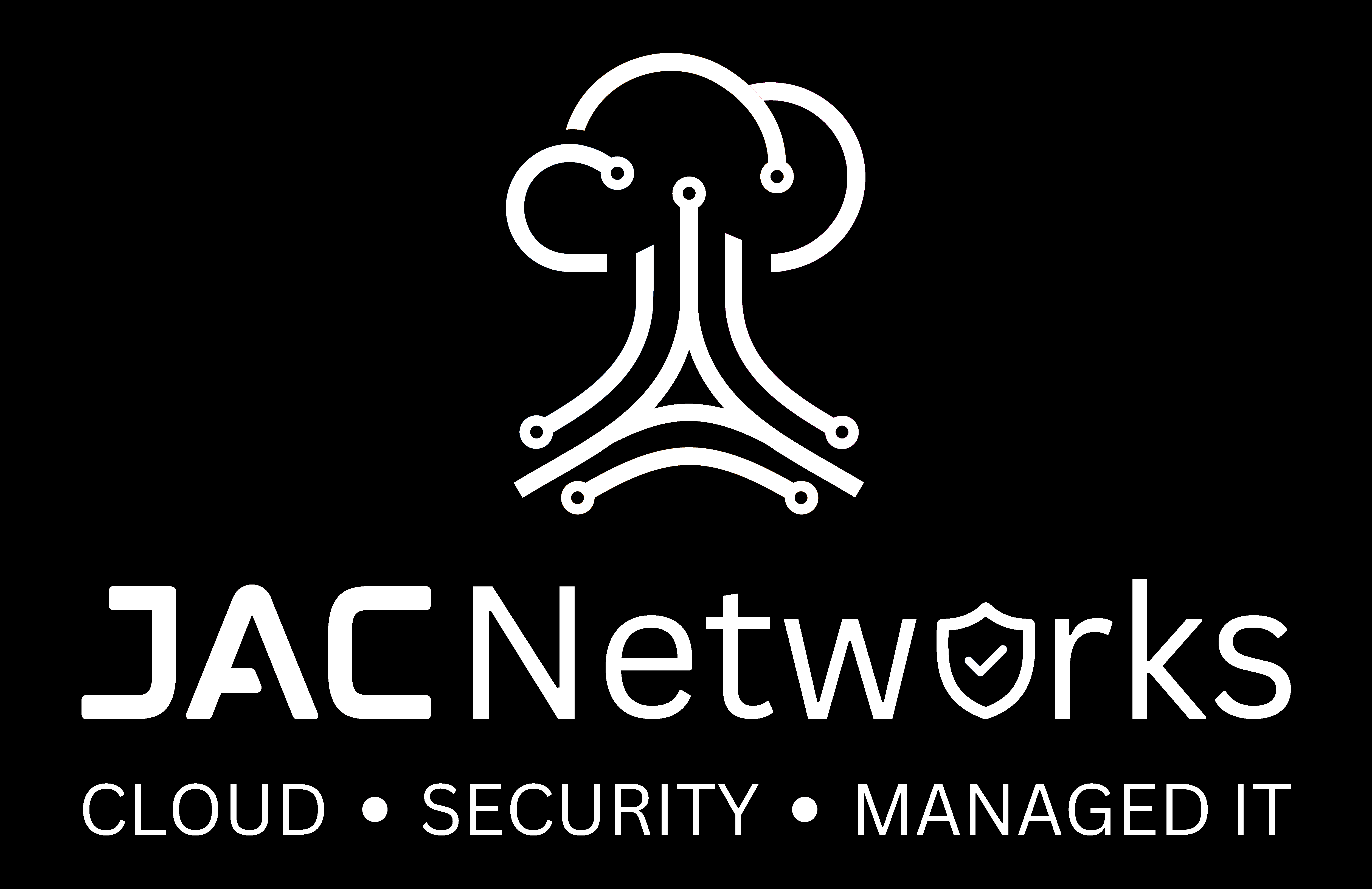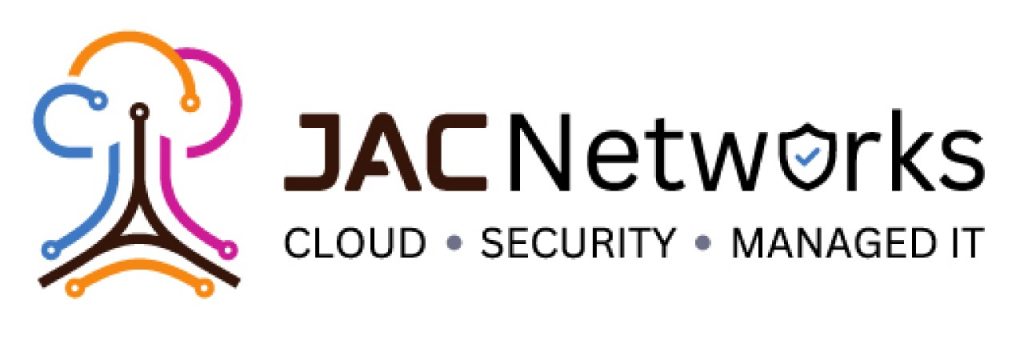Cybersecurity is crucial to safeguard all types of data theft. Building cybersecurity trust is crucial for safeguarding private and sensitive data, preserving consumer confidence, eliminating data breaches, preserving the reputation and image of a company, and more. Implementing and communicating company security strategies has become a part of the organizational life cycle since cyber hazards can have a direct impact on customer interactions. Here in this blog, we are going to share the best cybersecurity practices for business.
Does cyber security matter for your business?

Every year, cyberattacks cost businesses millions of dollars and harm their brand. In 2020, the average yearly number of security breaches increased by 27.4%, according to Accenture. For the common person, data breaches can have serious repercussions. Cybercriminals mimic someone using stolen personal information, including a social security number, typically with the intention of stealing their money.
Additionally, attackers use phishing assaults to infect mobile devices and Cloud Services with malware, which is software intended to interfere with, harm, or get unauthorized access to a system. For a number of reasons, businesses require cybersecurity experts. These experts are essential to safeguarding private data, thwarting online attacks, and preserving the integrity and security of computer networks and systems.
Best practices that need to be considered while implementing cybersecurity
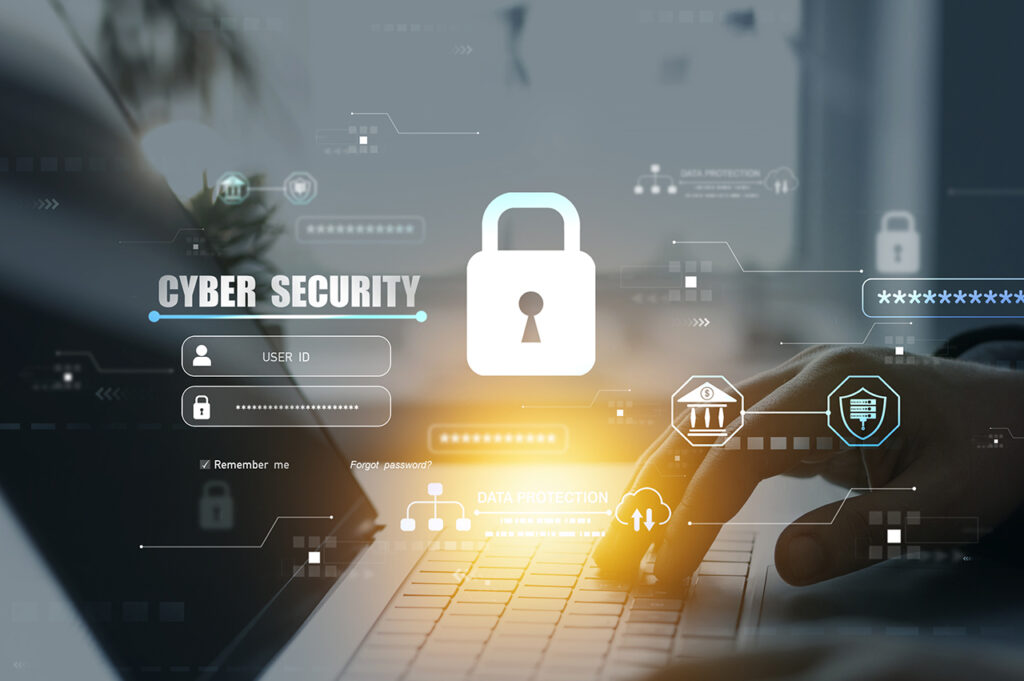
Maintain software updates
Updates are usually released by software businesses for three purposes: to improve security, provide new features, and address known flaws. To safeguard yourself against fresh or pre-existing security flaws, always upgrade to the most recent version of your program.
Refrain from opening suspicious emails
Avoid opening emails that appear strange since they may be phishing scams. Someone may be posing as another person or business in order to obtain your personal data. Emails might occasionally contain links or files that can infect your devices.
Use a secure file-sharing program
It is essential that you begin using a secure file-sharing solution through Cloud Services if you often exchange sensitive data. Sensitive papers should not be exchanged by regular email since if they are intercepted, your valuable information will be accessible to unauthorized individuals. Keep in mind that the security of your data depends on the technologies you use to share them.
Use antivirus and malware software
Having complete and absolute protection from malware is unattainable as long as you remain online. However, by making sure your PCs have at least one anti-malware program and an antivirus program installed, you may drastically lower your susceptibility.
Turn two-factor authentication on
To make your accounts safer, you can now set up 2-factor authentication on a lot of platforms. It’s an additional security measure that helps confirm that you are the one logging into your account and not an unauthorized user; when you can, turn on this security feature.
Verify websites for HTTPS twice
There is no assurance that the information sent between you and the website’s server is safe while you are on a website that does not use HTTPS. Verify again if a website is using HTTPS before disclosing private or sensitive information.
Make a backup of crucial information
A security breach may result in the loss of important data. Make sure your vital data is regularly backed up on a local storage device or the cloud so you’re ready to recover it if it is lost.
Make sure your website is using HTTPS
Encrypting all data that moves between a visitor’s browser and your web server is made easier if you have an SSL certificate setup and HTTPS enabled on your website.
The Cyber Security environment is growing more vulnerable to changing cyber threats as more companies undertake digital transformation. Businesses can increase productivity by heavily relying on technology like cloud computing and AI integration, but this also gives hackers the chance to take advantage of weaknesses.

